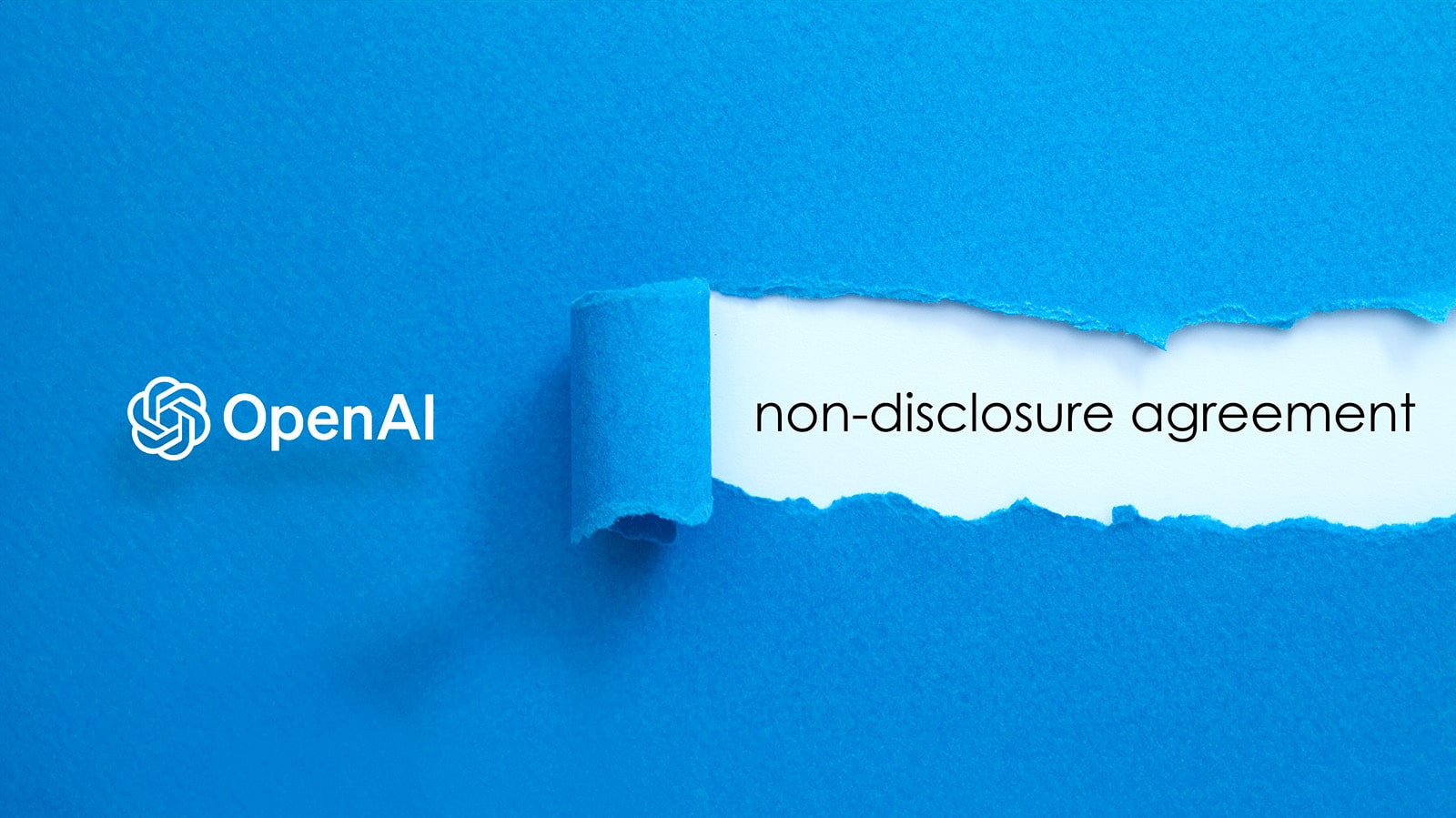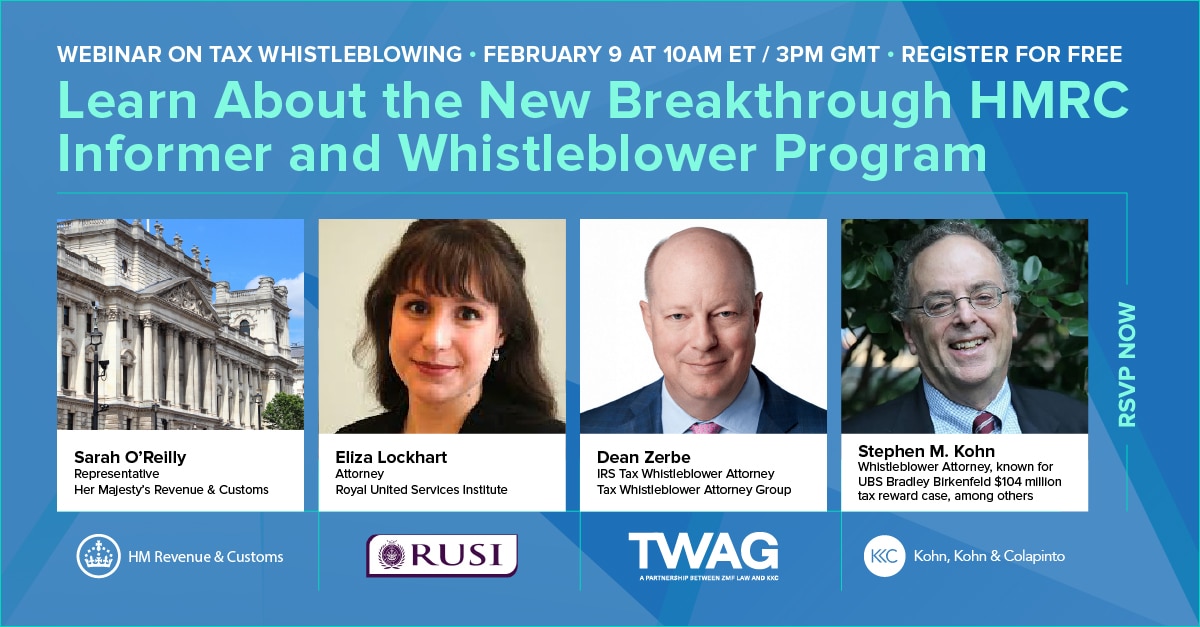Leaked SEC Whistleblower Complaint Challenges OpenAI on Illegal Non-Disclosure Agreements

For Immediate Release
Press Release – SEC AI Whistleblower Complaint
A formal complaint and letter to the Securities and Exchange Commission challenges OpenAI’s illegal use of restrictive non-disclosure and non-disparagement agreements, and asks the SEC to investigate and defend employees’ rights to report concerns and potential violations of law to federal authorities.
Washington, D.C. July 13, 2024. OpenAI’s restrictive and illegal employment contracts block employees from raising legitimate concerns about AI safety and corporate accountability to federal regulators.
An anonymous whistleblower complaint filed with the Securities and Exchange Commission, initially obtained by the Washington Post from a Congressional source, calls for a federal investigation into OpenAI’s policies and demands changes to ensure a culture of transparency and accountability as OpenAI and other companies race to develop artificial intelligence.
|
OpenAI whistleblowers filed a complaint with the SEC where they allege the AI company is silencing employees from sharing concerns about its AI technology.
|
“Given the risks associated with the advancement of AI, there is an urgent need to ensure that employees working on this technology understand that they can raise complaints or address concerns to federal regulatory or law enforcement authorities,” attorney Stephen M. Kohn, who represents the anonymous whistleblower(s), wrote in the letter to SEC Chairman Gary Gensler. “Likewise, it is critical for companies like OpenAI to understand the illegal nature of their NDAs, and to ensure that their workplace cultures encourage employees to raise concerns, even if those concerns are raised directly to federal authorities, and even if those concerns may impact the profitability of the companies.”
The leaked letter identifies at least four documented violations committed by OpenAI in their employment agreements:
- Non-disparagement clauses that failed to exempt disclosures of securities violations to the SEC;
- Requiring prior consent from the company to disclose confidential information to federal authorities;
- Confidentiality requirements with respect to agreements that themselves contain securities violations; and
- Requiring employees to waive compensation that was intended by Congress to incentivize reporting and provide financial relief to whistleblowers.
The letter goes on to request that the SEC take specific actions to underscore the right of employees to blow the whistle on concerning or illegal conduct at OpenAI and other AI companies:
- Require OpenAI to provide every contract containing a nondisclosure agreement for inspection by the SEC;
- Require OpenAI to notify all past and current employees about violations committed by OpenAI as well as employees’ right to report violations to the SEC;
- Fine OpenAI for all improper agreements; and
- Direct OpenAI to address and correct the culture of secrecy created by its past actions.
“This is not about halting or destroying the development of AI — it’s about making sure the technology is safe,” Kohn said in a statement. “We must have a culture of transparency, openness and honest debate. You cannot build safe AGI in the dark.”
To ensure the integrity of the investigation, the identity of the whistleblower(s) as well as the details of the SEC complaint must remain confidential. The case is being handled by the whistleblower defense law firm Kohn, Kohn and Colapinto LLP in Washington, D.C.
Read the full letter to SEC Chairman Gary Gensler.
Read the Statement of Stephen Kohn, Attorney for Confidential AI Whistleblower.
Latest News & Insights
January 27, 2026






